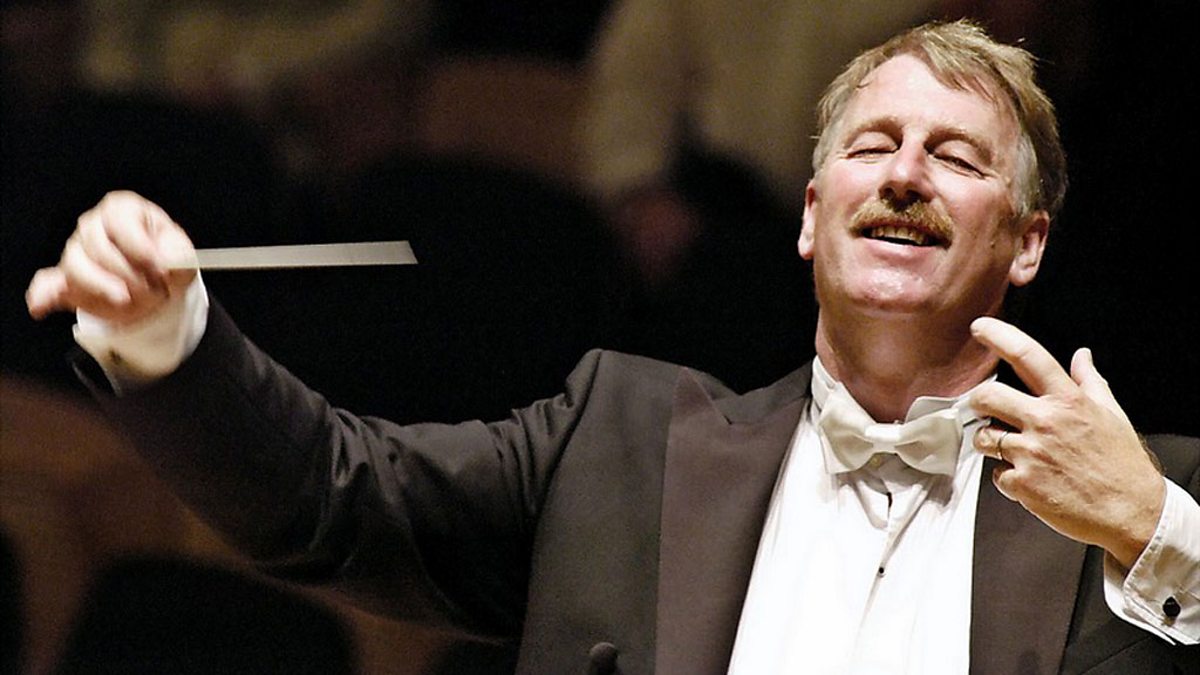Originally posted by jonfan
View Post
Pabmusic rightly points out that Elgar termed Falstaff "a symphonic study". Surely, the word study refers to Elgar's attempt to explore Falstaff's character and that personality's contribution to shaping a sense of what it is to be "English"? The term symphonic in this context is not a structural definition, any more than it would be if the work had been labelled "symphonic poem". In his dedication, Elgar calls the work "a tragedy". Falstaff is often reduced to a cardboard cut-out figure, a two-dimensional man full of boisterous joviality, Elgar portrayed him in a greater variety of moods, all shot through with a tragic "force of destiny". If we limit "symphony" to meaning a work of gravitas, of earnest intent, then I'll join Pabmusic and accept Falstaff as a symphony.
Where, we all agree I feel, is that we accept that Falstaff does not "play itself", it takes a sympathetic and searching conductor plus an orchestra ready to be inspired and to commit before the work "comes off the page". For me last evening, that did not occur. Falstaff remained pallid, moribund, a ghost of his vital self. Elgar must share some blame but the conductor, Jac van Steen, was complicit.



 The orchestral strings sounded pale in comparison - but I don't feel that they were playing "con amore".
The orchestral strings sounded pale in comparison - but I don't feel that they were playing "con amore". I was interested, how prominent, loud and clear the harp was - shades of Bamberg SO and its Mahler Adagietto.
I was interested, how prominent, loud and clear the harp was - shades of Bamberg SO and its Mahler Adagietto.

Comment